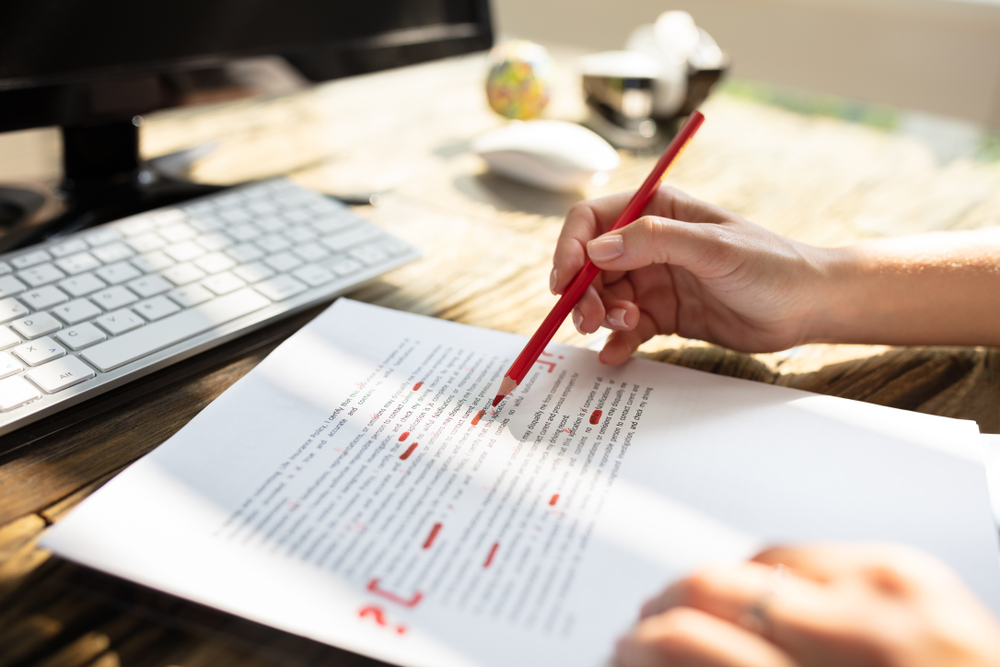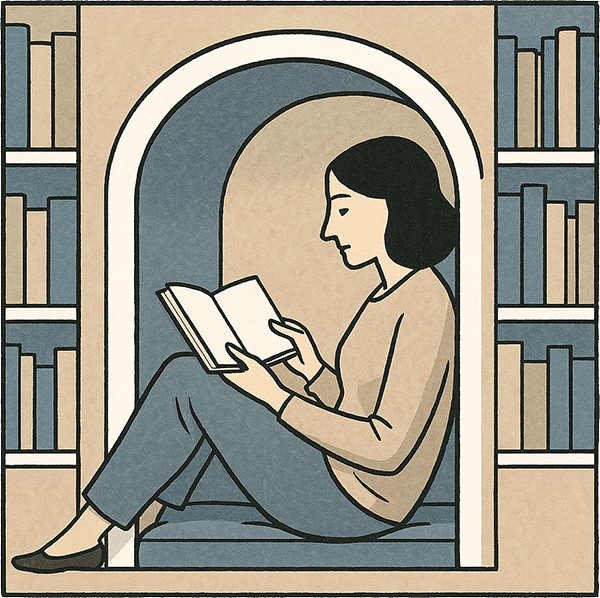Are you unsure where to begin your editing process? There are many different kinds of editing, and different books will call for different editing processes, but they always need to be done in the right order and approached in the right way. It’s important to understand where developmental editing fits into the rest of the process, what a developmental edit is, and whether your book will need it.
The first thing to know is that if you’re a new author, it’s likely that your manuscript will require some developmental editing—help from an editor to improve the structure, content, and overall direction of your manuscript. It’s the place to begin if you’re not sure if your story is clear, whether you’ve gotten your point across, or whether your content is organized in the best possible way. There’s a range from light developmental edits that fine tune the content, to a heavier edit that completely restructures and revises your manuscript—it may even involve rewriting some chapters from the ground up, based on the editor’s advice. But it’s well worth the effort to make sure you’re publishing something high-quality that readers will appreciate and recommend to others.
Who needs a developmental edit?
Any author may find they’re in need of a developmental edit, but new authors should assume they’ll need developmental editing unless a professional tells them otherwise. Many editors and publishers will offer an assessment to determine what’s necessary, but when self-publishing, you’re sidestepping the gatekeepers of the traditional publishing world—anyone can find a way to publish a book. That’s great, but it also means there’s no one stopping you from publishing an unreadable book—or worse, one with potential that it hasn’t managed to live up to. A developmental editor is your first and best line of defense against these mistakes.
What is a developmental edit?
First of all, you may be wondering “what is a developmental edit” anyway? The first thing to understand is that a standard copy edit won’t be dealing with your story, organization, or content—instead, the focus of a copy edit is to make sure the language is smooth and correct on the sentence level. If you want an editor working on the structure of your story, argument, or content, looking for plot-holes and inconsistencies, clarity issues, and simply ensuring that your writing is engaging, you need a developmental edit. If you’ve just written your first book it’s likely that you’ll need some help in these areas. However, there’s a range of possibilities.
As mentioned, these edits could range from some light developmental editing (sometimes your copy editor will simply charge a bit more to provide a few notes on key content issues) all the way to a heavy developmental edit that reshapes a manuscript from the ground up. A heavy developmental edit is almost midway between an edit and working with a writing coach—so keep in mind you may be doing a lot of reworking and rewriting after the edit is done. Unlike with a copy edit, accepting recommendations will be more complex than simply accepting or rejecting an editor’s changes. They may ask you to restructure your story or content, clear up anything confusing, add citations, and in some cases, add details or content to make sure your book is complete and engaging. At minimum, expect to rewrite some paragraphs.
When to do a developmental edit?
The nature of a developmental edit means that timing is very important. First and foremost, you always want to do a developmental edit before other edits or proofreading. Copy editing is only done after a developmental edit is completed and those changes have been implemented by the author. Otherwise, a copy editor could wind up editing sentences that are removed or changed entirely as part of the developmental edit.
In most cases, it will be the very first thing you’ll do when you have a completed manuscript. Although it’s a good idea to get feedback from friends and family even earlier, in some cases a developmental editor may be the first person to lay eyes on the manuscript—and in many cases, the first professional.
Why do a developmental edit?
If this sounds like a lot of work, in some cases you would be right. For some authors, a developmental edit is a profound re-thinking of a manuscript that they’ve already worked hard on. However, the alternative is publishing another mediocre book that will get bad reviews, get lost on Amazon, and fail to take off. For authors that need it, a developmental edit is an essential step to make sure readers can enjoy and understand your book. These positive reader experiences lay the groundwork for the good reviews that will ultimately drive sales.
Who should do your developmental edit?
Whereas a capable copy editor may be able to edit just about anything by drawing on their expertise on language itself, developmental editing is a bit more specialized. Find a developmental editor with experience in your genre. In some specialized areas, it may be quite specific—a book with medical details or military history could benefit from an editor with experience in those areas—they can more easily spot issues with your content and they’ll understand what readers expect. They will also have a basis of comparison for similar books. For specialized genres like children’s books, a developmental editor will help ensure the language and story is right for your target age group. In other cases, it won’t be quite that specific, but if you’re writing non-fiction, at the very least look for a non-fiction editor, and likewise with novels.
Furthermore, try to get a sample edit from prospective editors, and ensure you’re working with someone you can have good communication with. You may not start on the same page in terms of understanding your vision for the book, but you at least need to be able to get there. Conversely, once you’ve settled on an editor and decided to trust their experience, make sure you’re open to their thoughts. Authors have worked hard on their manuscript, and it can be difficult to hear criticism, but it’s essential to getting good results.
Keep in mind that developmental editing is deeper, significantly more time-consuming work than copy editing, and as a result, costs a bit more. However, it can turn an author’s idea into a truly professional book with a serious chance of success, and can absolutely be the deciding factor between success and failure.
If you were wondering, “what is a developmental edit,” we hope this helped clear things up. If you have a great idea but you’re not entirely confident in your ability to express it in a book, a developmental edit can be your path to publishing something that’s at home next to major bestsellers—a book that can sell copies and get your name out there as an author or an expert in your field. Even authors who are more confident about their manuscript can benefit greatly from a light developmental edit to catch problems. We often warn authors that it’s easy to self-publish a book, but it takes help to publish with quality, that stands out and succeeds. A developmental edit is the first step on that path.




